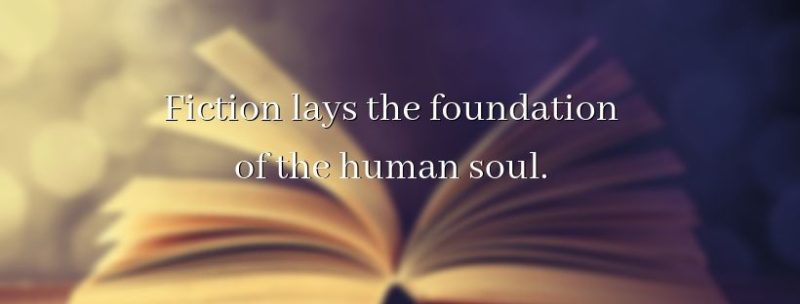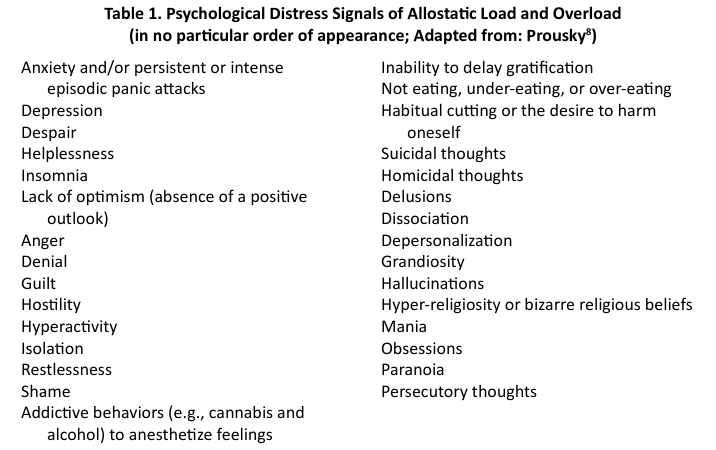
Fiction lays the foundation of the human soul.
A grandiose statement from an anime and J-pop blogger eh? Fiction of all types encourages us to develop empathy. In fact, you can’t lose yourself in a fictional story without changing. Empathy and compassion sit at the base of a proper human.
It’s such a basic part of us, that we have to stop empathy rather than make ourselves feel it (Singer, 2005):
Without thinking, the perceived feelings of others automatically activate brain networks that also represent our own feeling states; we automatically share other people’s feelings. Thus, as our own feelings and emotions are important determinants of our motives, our behavior may be automatically other-regarding unless we inhibit the other-regarding impulses.
But as with everything, some people naturally feel empathy at different levels. People with high levels of empathy tend to be more altruistic. Although empathy is a natural part of being human–barring sociopaths and other mental disorders–reading helps us develop it beyond our natural levels.

Empathy comes in 2 flavors (Gabay, 2016). When we think of empathy, we think of emotional empathy first. This is the ability to experience emotions when you see someone else feeling those emotions. This empathy comes from the structure of our brains. Mirror neurons activate whenever we see someone else doing something. These sectors help us learn, but they also make us feel the pain of others.
Studies have found the brain activates as if it is experiencing the same pain as the person or creature we watch. It happens without any conscious effort (Singer, 2005). That’s the mirror neurons at work. The centers react regardless of the person you watch, but loved ones trigger the impulse with more strength (Singer, 2005):
Thus, both the experience of pain to oneself and the knowledge that a loved partner experiences pain activates the same affective pain circuits, suggesting that if a loved partner suffers pain, our brains also make us suffer from this pain.
We automatically share other people’s feelings unless we learn to suppress them. That’s why war and politics seek to label the opposite as an outsider, an other, so these networks don’t activate.
The second type of empathy, cognitive empathy, involves our abilities to adopt another person’s perspective. Sometimes this is called the theory of the mind or the ability to mentalize. Unlike the first type of empathy, this type takes more work. It’s where we in the West get the saying “don’t judge until you’ve walked a mile in their shoes.”

This ability ties back to our unconscious empathy. When we try to get into another person’s head–to truly understand them–we will trigger our natural emotional empathy. It takes practice to do this, and it requires we step beyond our labels: otaku, normies, Republics, Democrats, black, white, and so on. All of those labels are designed to create distance between us. Essentially, they seek to stop empathy.
Reading fiction exercises both of these types of empathy. When we get sucked into a book, we mentalize the characters in the story and feel with them. “When an individual reads a story, he/she predicts the actions and reactions of the characters by inferring what they are thinking, feeling, and intending (Bal, 2013).” To do this, the reader has to sympathize and take on the perspective of the characters. This exercise strengthens the ability of the reader to empathize and identify with other people in real life. In fact, research suggests fictional characters and fictional perspectives are added to the reader’s sense of self and shape their goals.
This doesn’t happen if you just surface read a story. Empathy gets its exercise when we lose our self-awareness as we read. When we allow the story to transport us, fiction changes our thinking (Bal, 2013). Getting lost in a book allows us to practice empathy. It’s like visiting a gym.
I’m sure you know someone who has laughed or cried when reading a book or work of fan fiction (maybe you have?). That’s empathy hitting the treadmill. But not all books exercise empathy. Fiction reading creates stronger emotional and behavioral effects than nonfiction reading. But this only works when the world of the story feels real within its context. Readers struggle to get into the story otherwise. This absorption into the story helps readers understand their own world better and how they should interact with other people.

We aren’t always aware of how reading has changed us. Increases in empathy delay in their appearances, and we aren’t aware of the growing repository of experiences we develop. Fiction readers have a large repository of situations and possible solutions that help address events and questions we haven’t yet encountered. We don’t know this until we encounter a new situation yet know the answer immediately. Often, we don’t remember what story we had learned the answer from. That’s why high school manga becomes useful for high school students. The stories address situations and challenges and emotions teens face. The comedic approach eases the lesson and makes it more memorable.
Empathy and other language-related skills (reading among them) appear to be closely linked. Dyslexia and other reading difficulties that hurt the ability to get lost in the story inhibits the ability to increase empathy. However, manga and comics can fill this void. While prose is most effective in fostering empathy because it requires us to slip into the characters, manga and comics and movies can serve the same purpose.
The key appears to be the loss of self-awareness and the absorption into the story. Any work of fiction that allows you to fall into the story and into other characters exercises empathy.
Becoming more empathetic means you will experience more pain in life, but you will also experience more joy and peace. It sounds silly to say reading manga or novels can be spiritual experiences, but everything we do is a spiritual experience. Everything leaves a mark on our being (as I write this I’m listening to Joseph Campbell on Netflix, so some of his discussion is falling into this article). Empathy allows us to relate to others and the world around us in a more fulfilling way.
We’re lucky. This engagement with the world and with others is our natural, automatic response that we’ve learned to stop. And to reactive it, all we have to do is read stories and enjoy them and engage with life around us. We just have to turn off our learned tendency to label. We just need to read!
References
Bal PM, Veltkamp M (2013) How Does Fiction Reading Influence Empathy? An Experimental Investigation on the Role of Emotional Transportation. PLoS
ONE 8(1): e55341. doi:10.1371/journal.pone.0055341.
Gabay, Yafit, Shamay-Tsoory, Simone, & Goldfarb, Liat (2016) Cognitive and emotional empathy in typical and impaired readers and its relationship to reading competence. Journal of Clinical and Experimental Neurospsychology. 38. 10. 1131-1143.
Singer, Tania & Fehr, Ernst (2005) The Neuroeconomics of Mind Reading and Empathy. The American Economic Review. 95 (2) 340-345.






Fantastic article and agree 100%! I love your posts. Thanks for all you do.
Thank you!
I used to think reading fiction was great for empathy, but then I remembered that 2013 study seemed to haven’t been replicated well.
https://digest.bps.org.uk/2016/10/19/three-labs-just-failed-to-replicate-the-finding-that-a-quick-read-of-literary-fiction-boosts-your-empathy/
It’s all dependent on the person’s experiences when it comes to reading. I think reading does boost empathy, but mostly for folks who very intensely identify with reading or certain situations they read about as part of their own identity.
Also, reading literary fiction is arguably a lot better than pop fiction.
The quandary of books making people empathetic or empathetic people are drawn to books proves hard to solve. I noticed the study focused on quick reading. The ones I cited focused on relatively long-term reading habits. I agree with you that literary fiction would be better than popular fiction, but reading popular fiction is better than reading nothing at all!
I agree with the person’s experience. The key remains with the ability to identify with the story. A surface reading won’t have much influence.
Thanks for the link and research check!